The cold months are setting in, but this does not mean you should not be worried about mosquitoes. These insects do not take vacations during autumn or winter. That is why controlling their presence in and around your property is crucial.
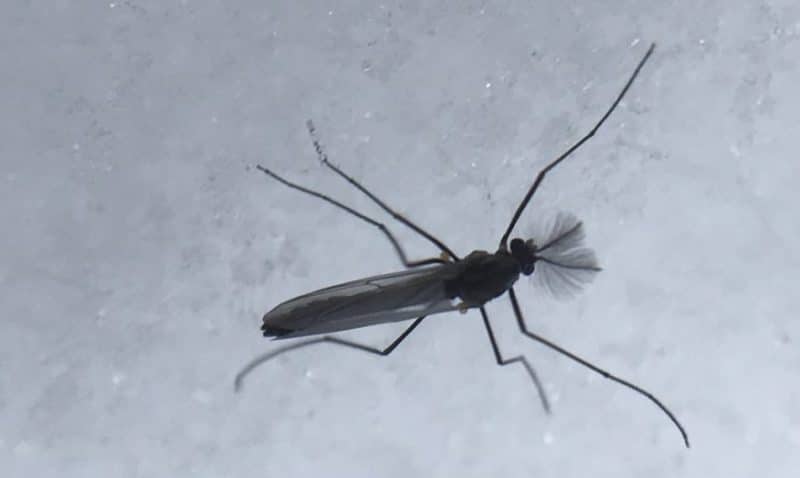
Time Capsules
Summer is over. Even so, mosquitoes ensure their future is secure during the cold months. They lay eggs during the summer and fall as tiny gifts for the winter months. These eggs are also called time capsules. The eggs hatch effortlessly after watering plants or a winter storm. Stagnant water can increase the number of mosquitoes in the cold months.
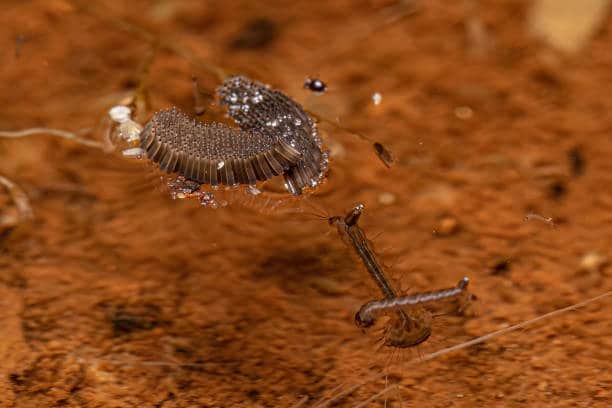
What to Do
The following are some things you can do to prevent mosquitoes from taking over your home during the cold months:
- Apply effective repellents like DEET, oil of lemon eucalyptus, IR3535, and picaridin.
- Toss containers that hold stagnant water.
- Use a towel or sponge to wipe down areas that hold mosquito eggs or stagnant water.
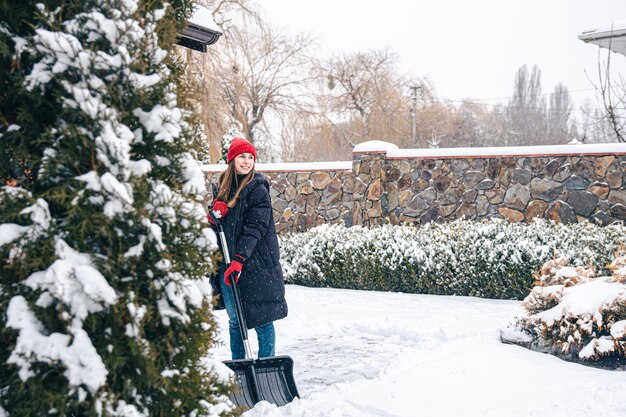
The Need for Mosquito Control During the Cold Months
Cold months do not often trigger concern about mosquitoes. Even so, you must not forget these insects during the fall and winter. The cold season may be their time of dormancy, but you must still protect your home. You must also take this time to prepare early for the upcoming mosquito season. Prevention is always the main means to control mosquito populations.
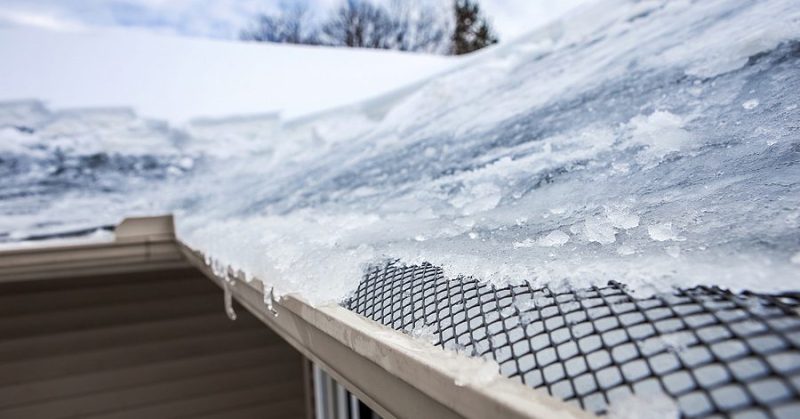
Studies show that most male mosquitoes die during the cold months. Females go through diapause during this season. Often, they have their eggs fertilized before they go into diapause. This prepares them to lay their eggs once the warm weather sets in again. Diapause also applies to mosquito eggs. Female mosquitoes will lay eggs in stagnant water before the weather cools. The eggs will go into diapause. They will hatch once the water is warm enough, at least 50 degrees Fahrenheit. Below are more ways you can prevent mosquito bites during the cold months:
- Place sand in the drain pans of your flower pots.
- Pour out any standing water in and around your property. Remove possible containers of stagnant water.
- Check the sheltered areas of your home or yard. Keep them clean.
- Install gutter guards to prevent your gutters from clogging and collecting stagnant water.
- Seal trash cans and leaky pipes.
- Get repellent plants like rosemary and mint.
- Mow your grass and trim hedges regularly.
- Apply insect repellent regularly.
- Wear the right types of clothing when spending time outside.
- Hire a reputable pest control company to treat your area for mosquitoes before the warm weather begins.
- Put holes under your tire swings.
Prevention Begins During the Cold Months
You should prevent the abundance of mosquitoes when the warm months come. The diapausing females or eggs could be infected with Zika or other dreadful diseases. That is why keeping them away from your property is a priority during the cold months.
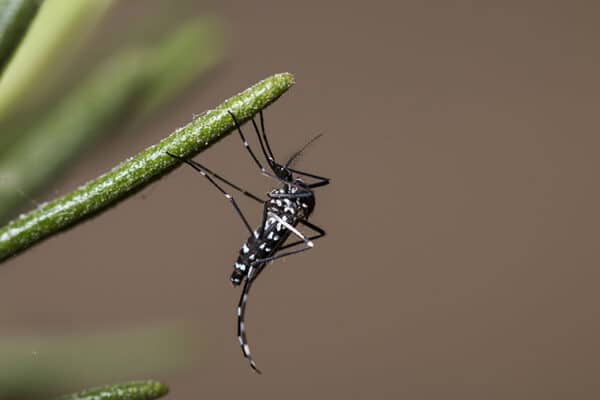
Preventing mosquito-borne diseases continues during the cold months. Fall and winter must not stop you from keeping your home safe from bites. These insects may be tiny, but they can maintain their survival. It is up to you to keep yourself and your household safe from diseases during this time of year.